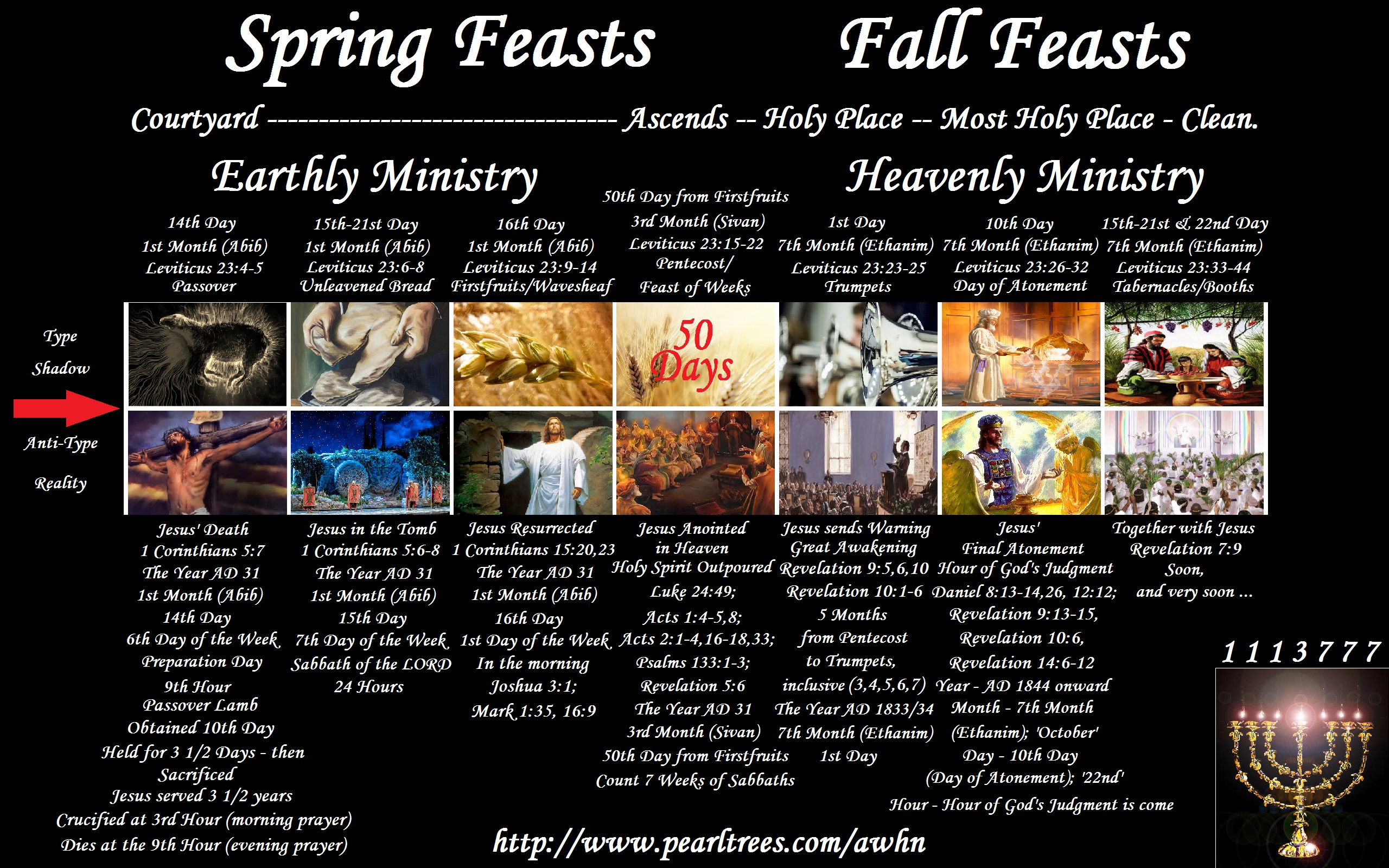Alofa Atu
Well-Known Member
You're the one who said:You're trying to equate the passover command given to Israel with Jesus. Won't work.
I showed you that there was indeed such scripture when I quoted:No Scripture commands non-Israelis to observe the sabbath, same as none commands us to observe passover.
You seemed to have missed this command in regards "passover":Then you are claiming you have no need of Jesus Christ -
1Co_5:7 Purge out therefore the old leaven, that ye may be a new lump, as ye are unleavened. For even Christ our passover is sacrificed for us:
1Co 5:8 Therefore let us keep the feast, not with old leaven, neither with the leaven of malice and wickedness; but with the unleavened bread of sincerity and truth.
Thus even "Pentecost" is for Christians, see Acts 2:1-3,33, Psalms 133:1-3; Revelation 5:6, &c. So also for the other feasts, like "firstfruits" (see 1 Corinthians 15:20,23), "trumpets" (Revelation 9:5,6,10, 10:1-6), "day of atonement" (Revelation 9:13-15, 10:6, 14:6-12; Daniel 8:13-14,26) and "tabernacles" (Revelation 7:9, 14:13-20, 15:2-3, &c).

